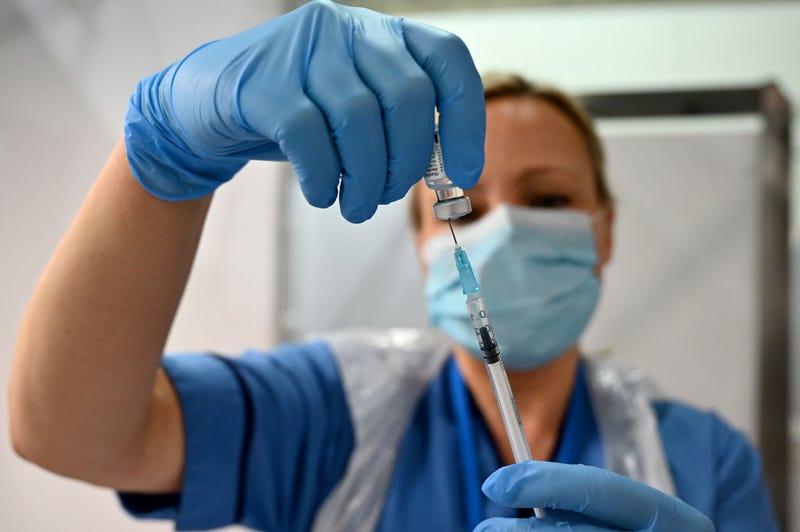
A new large-scale study shows that adults who are fully-vaccinated against COVID-19 fare exponentially better against the disease and have a greatly-decreased risk of severe illness. It’s a groundbreaking study in terms of the vaccine’s effectiveness against long-lasting symptoms.
More than 1.2 million adults, both partially and fully infected, participated in the study, which took place from December 2020 to July 2021 in the U.K. Published in the Lancet Infectious Diseases journal, the study showed that just 0.5% of participants who received a first dose of the Pfizer-BioNTech, Moderna, or Oxford-AstraZeneca vaccines registered a breakthrough infection 14 or more days later. Fewer than 0.2% showed an infection after a second dose.
“We are at a critical point in the pandemic as we see cases rising worldwide due to the delta variant. Breakthrough infections are expected and don’t diminish the fact that these vaccines are doing exactly what they were designed to do — save lives and prevent serious illness," study co-lead author Dr. Claire Steves told USA Today.
For the participants who did contract a breakthrough infection of COVID-19, 63% were asymptomatic after one dose of vaccine, and that number rose to 94% after a second dose. In healthy adults over 60, it was found they are about half as likely to get COVID after being vaccinated as their peers with underlying conditions.
And the chances of getting “long-haul” COVID-19, the term for still experiencing symptoms a month after diagnosis, feel by 50% after two doses of vaccine.
"Our findings highlight the crucial role vaccines play in larger efforts to prevent COVID-19 infections, which should still include other personal protective measures such as mask-wearing, frequent testing and social distancing,” Steves said.

